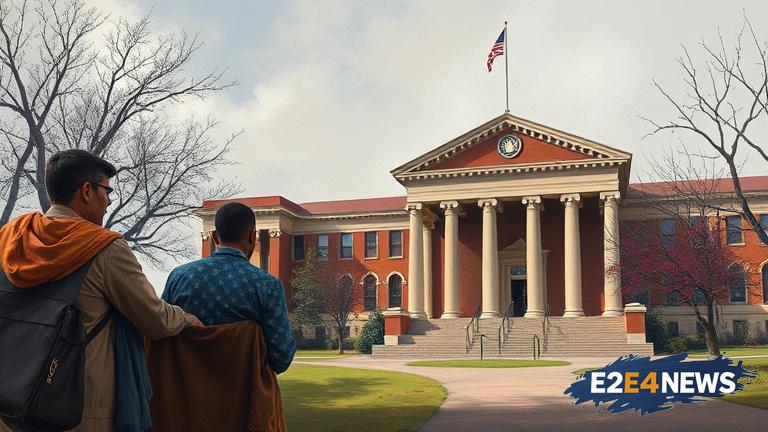A recent court ruling in Arkansas has upheld a ban on critical race studies, a decision that has been met with both support and criticism from various groups. The ban, which was implemented by Governor Sarah Huckabee Sanders, restricts the teaching of critical race studies in schools, citing concerns that the subject promotes divisive and racist ideologies. The court’s decision has been seen as a victory for Governor Sanders and her administration, who have been vocal about their opposition to critical race studies. However, critics of the ban argue that it is an attempt to suppress discussions about racism and inequality, and that it will have a negative impact on the education of students in Arkansas. The ban has been the subject of controversy and debate, with some arguing that it is necessary to protect students from being indoctrinated with radical ideologies, while others see it as an attack on academic freedom and the ability of teachers to discuss important issues. The court’s decision has also been criticized by some as being overly broad and vague, and for failing to provide clear guidance on what constitutes critical race studies. Despite the controversy, the ban remains in place, and schools in Arkansas are now required to comply with the new restrictions. The implementation of the ban has raised concerns about the impact it will have on the education system in Arkansas, and whether it will limit the ability of teachers to discuss important issues related to racism and inequality. Some have also raised concerns about the potential for the ban to be used to suppress dissenting voices and limit the ability of students to engage in critical thinking and discussion. The court’s decision has also been seen as part of a larger national debate about the role of critical race studies in education, and whether it is appropriate to teach students about the history and ongoing impacts of racism. While some states have implemented similar bans, others have taken steps to promote the teaching of critical race studies and to encourage discussions about racism and inequality. The issue is likely to continue to be the subject of controversy and debate, both in Arkansas and nationally. In the meantime, schools in Arkansas will be required to navigate the new restrictions and to find ways to teach students about important issues related to racism and inequality without running afoul of the ban. The long-term impact of the ban remains to be seen, but it is clear that it will have significant implications for the education system in Arkansas and for the ability of teachers to discuss important issues. The ban has also raised concerns about the potential for it to be used as a model for similar restrictions in other states, and for the impact it could have on the national debate about critical race studies. As the issue continues to evolve, it is likely that there will be ongoing controversy and debate about the role of critical race studies in education and the appropriateness of restrictions on the teaching of the subject.
